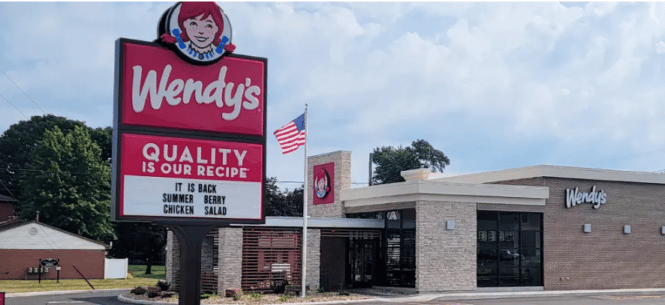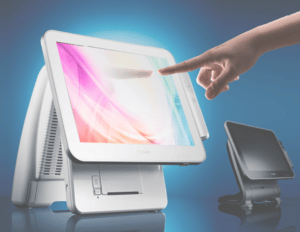
POS Terminal & Point of Sale Terminal Companies
The POS kiosk faces the customer. The POS terminal is generally employee-facing though double-sided is now facing customers. It is hardware and software. It is transactional but it can also be informational. Consider digital menus and messaging, for example, digital advertising and branding. Simply put — Point-of-sale (POS) systems are all types of solutions that allow businesses to process customer payments and manage sales data. POS systems are used in various industries, including retail, hospitality, and healthcare. POS systems components? A cash register, a receipt printer, and a card reader. They may also include additional features such as inventory management, customer loyalty programs, and e-commerce integration.
Payment Members
- Ingenico Payment
- POSBANK
- Datacap Systems, Inc.
- UCP Unattended Payments
- NMI — NMI is a leading payment gateway and technology provider in the fintech industry. Founded in 2001, NMI offers a comprehensive suite of payment processing solutions for businesses of all sizes. Their platform enables secure transactions across multiple channels, including e-commerce, mobile, and in-store payments. NMI’s white-label solutions allow partners to customize and brand payment services, enhancing their offerings to merchants.
- meldCX — daughter board provides support any/all OS along with metrics
POS Systems Definitions
- The self ordering kiosk for customers. Think McDonalds.
- The POS terminal that employees use to take orders
- The modified POS terminal which customers use to pay (think Clover or PAR)
Providers
- Pyramid Computer
- Olea Kiosks
- LG Business Solutions
- Advanced Kiosks
- Entropy Cabinet Solutions
- REDYREF Kiosks
- ImageHolders Kiosks
- Alpine Kiosk
- Intel Kiosk – computing solutions used in POS
- Posiflex of KIOSK — all types of order terminals
- Ingenico – premier provider of payment terminals
- POSBANK – complete line of POS touch stations
- UCP Unattended Payments – complete line of payment terminals
- FEC Kiosks – POS Hardware
- Datacap Systems, Inc. – widest possible payment methods
- Insight Touch – touchscreens and terminals
- Microcom – printers
- BOCA Systems – printers
- TDS TOUCH – touchscreens and POS stations
- SUZOHAPP – all types of POS equipment and devices
POS Posts
AVIXA Posts
- Customer Self Order & Digital Messaging
- Small Format PCs, iPads and Tablets Come in Handy
- Digital Menu Board Technical Considerations – Indoor & Outdoor
- Interactive Self-Order ROI – BurgerFi Case Study
- Enhancing C-Store customer experience with digital signage
- Accessibility and Digital Menus For Restaurants
What Does Google Bard say?
Point-of-sale (POS) systems are software and hardware solutions that allow businesses to process customer payments and manage sales data. POS systems can be used in a variety of industries, including retail, hospitality, and healthcare.
POS systems typically include a cash register, a receipt printer, and a card reader. They may also include additional features such as inventory management, customer loyalty programs, and e-commerce integration.
POS systems can help businesses improve their efficiency and profitability. They can automate tasks such as order processing and inventory tracking, which can free up employees to focus on other tasks. POS systems can also help businesses track sales data, which can be used to make informed business decisions.
There are many different POS systems available on the market, so businesses should carefully consider their needs before choosing a system. Factors to consider include the size of the business, the industry, and the desired features.
Here are some of the benefits of using a POS system:
- Increased efficiency: POS systems can help businesses streamline their operations and save time.
- Improved accuracy: POS systems can help businesses reduce errors in order processing and inventory tracking.
- Increased security: POS systems can help businesses protect customer data and prevent fraud.
- Enhanced customer service: POS systems can help businesses provide a better customer experience by streamlining the checkout process and offering loyalty programs.
If you are looking for a way to improve your business’s efficiency, accuracy, and security, then a POS system is a worthwhile investment.
Here are some of the most popular POS systems on the market:
- Square
- Shopify POS
- Lightspeed POS
- Toast
- Clover
- Revel Systems
- NCR Silver
- AccuPOS
- ShopKeep
These systems offer a variety of features and pricing options, so you can choose the one that best meets your needs.
